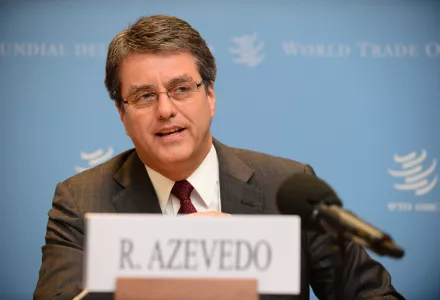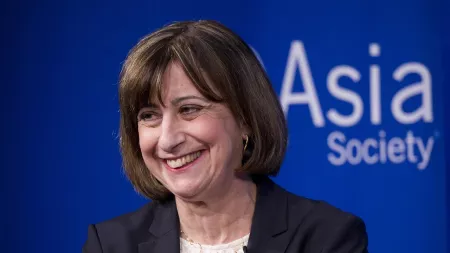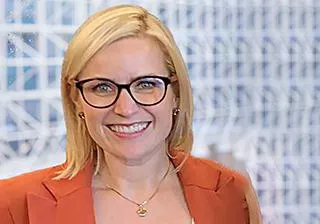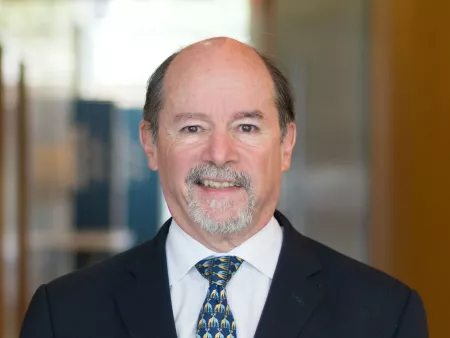EDI Seminar | The Future of U.S. Trade Policy
Please join the Belfer Center and Center for Business and Government’s Economic Diplomacy Initiative for a conversation with Wendy Cutler and Kelly Ann Shaw on the future of U.S. trade policy. The next U.S. administration will encounter many challenges in international trade: rising unilateralism and protectionism, the threat of tit-for-tat tariffs, and weakened bilateral trade relationships and multilateral institutions. In this timely discussion, senior officials from the Obama and Trump administrations will debate what is next for the U.S.-China trade war, the future of the WTO, and ultimately how the U.S. can continue its global leadership of trade policy after the 2020 presidential election. The conversation will be introduced by Aditi Kumar, Executive Director of the Belfer Center, and moderated by Professor Robert Lawrence.
Please click here to register and receive the Zoom meeting link.





